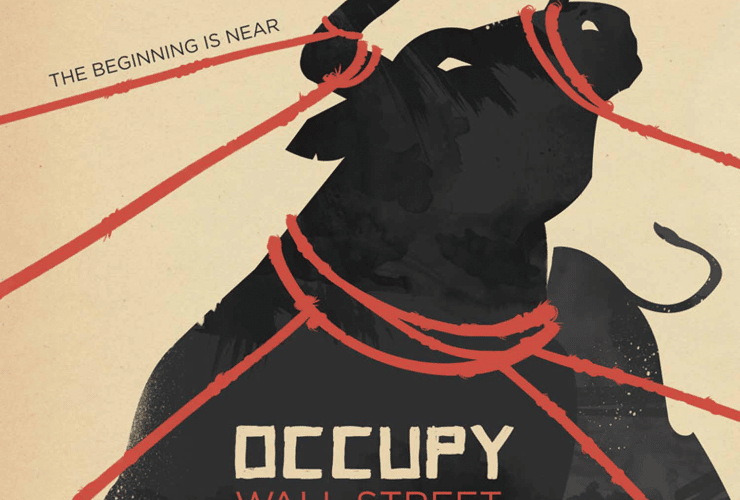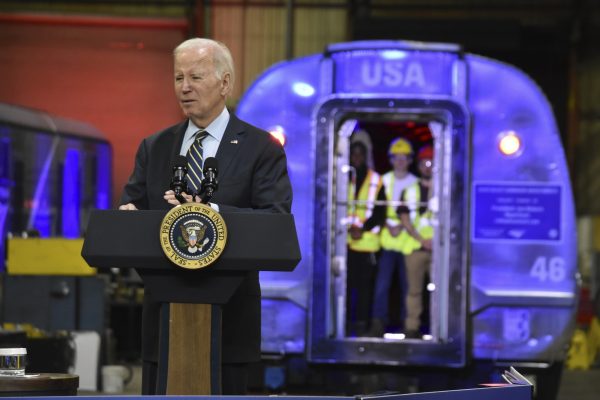Editor’s Note: We have closely followed the Occupy movement and welcome both the attention it has drawn to societal problems and its potential to re-democratize American politics. As part of our continuing engagement with the protests, we are publishing a series of opinion essays by Stanford University professors exploring key issues raised by Occupy. The following statement from the group introduces the series.
The United States is a country deeply committed to principles. We believe that everyone, not just the rich, should have the opportunity to get ahead or otherwise lead a good life. We believe that everyone, not just the rich, should have a right to be heard when our country makes decisions about its future. And we believe that everyone, not just the rich, should have an opportunity to participate fully and meaningfully in society.
But we don’t always live up to our most cherished ideals. Our country’s history has been driven instead by a tension between our principles and our practices. Now and then, the disjuncture between our ideals and institutions has been exposed and led to dramatic reform. We’ve ended slavery. We’ve extended the franchise to women. And we’ve secured basic civil rights for all. Some of these projects remain works in progress. But the defining feature of our country is our commitment to making our most cherished principles real and meaningful rather than hollow.
Are we entering another moment in history in which the disjuncture between our principles and our institutions is being cast into especially sharp relief? Are new developments, such as the rise of extreme inequality, opening up new threats to realizing our most cherished principles? Can we build an open, democratic, and successful movement to realize our ideals?
Occupy the Future is a series of opinion pieces that address these questions. Our simple purpose is to lay out what our country’s principles are, whether we’re living up to them, and what can be done to bring our institutions into better alignment with them.








